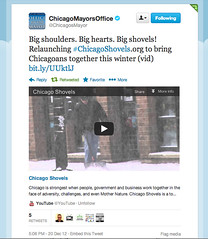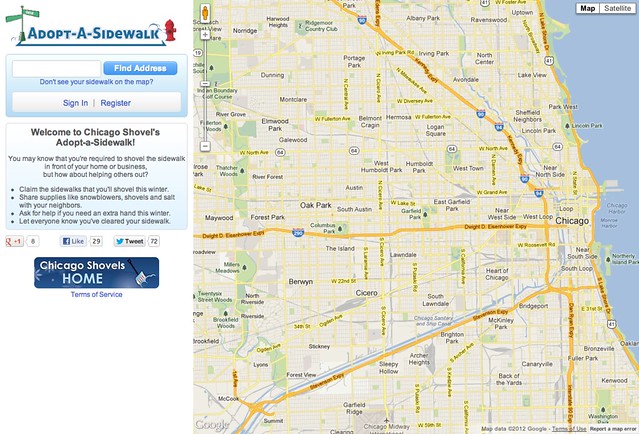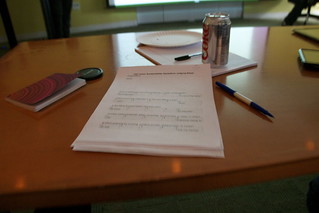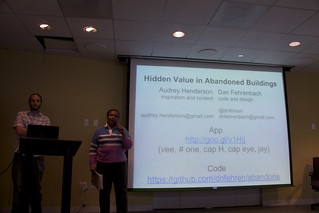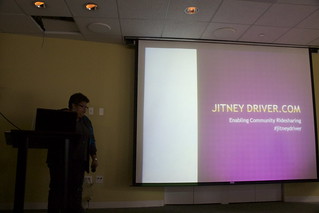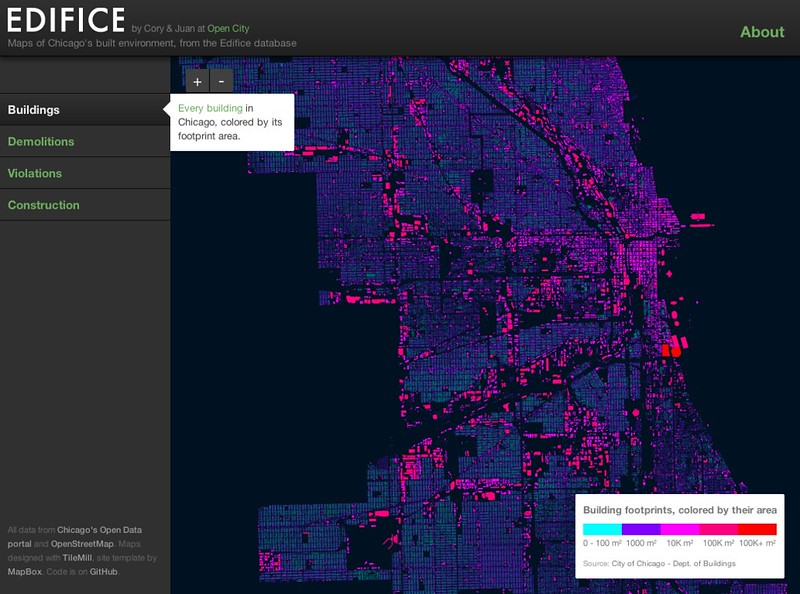Building civic apps is hard work. There’s data that has to be cleaned up, code to be written, and a host of other problem solving issues that are unique to apps that take on civic challenges. Often, these apps are built on a volunteer basis during people’s free time.
Chicago has been at the forefront of civic app development. We’ve had our apps redeployed to cities like Boston, Phillidelphia and Oakland. Chicago’s civic development community has been featured in publications like TechPresident, Atlantic Cities, and Computer World. We’ve seen our apps presented on the air and on television.
It’s been a lot of work.
So, we’re excited that BuiltinChicago is adding a new Moxie Award catagory: Best Civic App.
The Moxie Awards are a celebration of Chicago’s startup community with awards going to startups, venture capitalists, mentors, and CTOs.
This year, BuiltinChicago has added four more award categories including Best Civic App. The category was started after a suggestion from Marty Malone who had been interning with the Chicago Department of Innovation and Technology last year.
Any civic app that uses government data to solve civic problems is eligible for a nomination. We know it’s going to be hard to pick a favorite, so you can nominate more than one app. Which is great news since there are over sixty civic apps! (You can see a list of all the apps here – Note that there are probably many more than are on this list.) Anyone can nominate a civic app by filling out a nomination form at the Moxie Awards website. Final award winners will be selected by a combination of 50% public votes and 50% judges’ votes.
The Moxie Awards will take place June 20th at Park West in Chicago. Tickets will be made available for purchase soon.
Did you know, Civic apps can get free hosting and user testing?
While we’re on the subject of civic apps, the Smart Chicago Collaborative offers free hosting on our Amazon AWS cloud servers as well as Heroku servers. Any app that uses open government data and helps to improve the citizen experiance is eligible for hosting. To get more details, you can fill out an interest form here.
The Smart Chicago Collaborative also offers free user testing to civic developers. The Civic User Testing Group is comprised of volunteer testers from all over the city. To have your app tested, simply fill out the interest form here.

